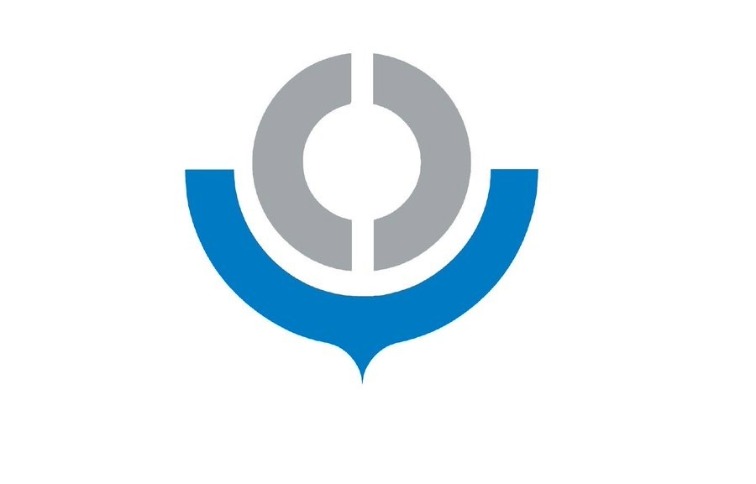MUSCAT – The Sultanate of Oman continues to strengthen its position as a regional leader in digital trade facilitation with the success of Bayan, the country’s national single-window customs system that has transformed border clearance operations and enhanced coordination across government and private sectors.
Developed by the Royal Oman Police (ROP) in collaboration with CrimsonLogic, Bayan was launched in 2015 to replace manual, paper-based customs processes with a fully integrated digital platform. The system now handles millions of transactions annually, cutting clearance times from days to minutes while improving transparency, efficiency, and cross-agency collaboration.
Published this week in the World Customs Organization (WCO) News Magazine, the feature article titled “Redefining Trade Clearance: Oman’s Single Window Ushers in Seamless Customs Modernization” details the evolution of Bayan, its technical innovations, and lessons learned from a decade of successful implementation.
Providing background information on the system, the article states: “Oman’s fragmented cross-border trade system once relied on redundant paperwork and manual transactions across multiple government agencies. This approach slowed trade, caused inefficiencies, and lacked transparency. The Bayan platform addressed these issues by unifying government entities, shipping firms, banks, and logistics operators through a single digital portal connecting all stakeholders – including the Directorate General of Customs of the Royal Oman Police (ROP), commercial banks, airlines, ports, and Customs warehouses.”
Built on international standards such as the WCO Data Model and Single Window guidelines, the system integrates the Integrated Customs Management System (ICMS) and the Single Electronic Window (SEW) to facilitate trade across borders efficiently and securely.
Key features include multi-channel access via web portals, mobile applications, and SMS alerts, as well as bilingual (Arabic-English) support. The platform also offers tailored access for both large importers and small traders, ensuring inclusivity across Oman’s diverse business landscape.
Bayan’s modular and scalable design enables continuous upgrades while maintaining operational stability. Over the years, the ROP has implemented several pioneering features, including:
• Automatic Enforcement of Service Level Agreements (SLAs) signed with border regulatory agencies: Permits and inspections are issued automatically if agencies do not act within pre-defined windows, improving transparency and predictability.
• Automatic Duties Transfer: Customs revenue is automatically transferred to other Gulf Cooperation Council (GCC) member states when goods are destined for their markets.
• Regulatory Filing Solution: Jointly developed with the service provider, this function validates and converts Excel filings in real time, enabling all 192 participating companies to submit manifests digitally since March 2024; Phase 2 will cover declarations, further reducing errors and processing time.
The ROP manages Bayan through a tiered support model, balancing operational independence with continued technical collaboration from the service provider. This structure has ensured long-term sustainability and knowledge transfer.
Today, Bayan supports over 200,000 registered users and processes approximately five million transactions per year. Automated validation and risk-based processing have significantly reduced clearance times, strengthened compliance, and improved overall confidence in Oman’s trade system.
The digital transformation has also enhanced professional capacity among customs officials, shifting roles from manual processing to data-driven risk assessment and oversight — a shift that has improved governance and accountability.
Bayan’s success has earned Oman multiple national and regional honours, including the 2025 Arab Digital Economy Award, the 2024 Best Digital Government Service to Business Sector, and the 2018 Sultan Qaboos Award for Excellence in eGovernment.
The system’s achievements directly support the objectives of Oman Vision 2040, advancing the Sultanate’s goals of economic diversification, efficient public service delivery, and deeper integration with global trade networks.
Oman’s experience with Bayan offers valuable lessons for other countries seeking to modernize customs operations. The ROP emphasizes several key principles drawn from the project’s success: phased implementation, strong stakeholder engagement, adherence to international standards, and sustained investment in training and technology.
“By creating an integrated, paperless, and user-focused system, Oman advanced key goals from Oman Vision 2040: more efficient services, enhanced collaboration between public and private sectors, and increased participation in global value chains,” the article concludes.
Read More
- Central Bank of Oman lowers repo rate by 25 basis points
- Muscat Governorate launches Oman’s largest integrated ‘glamping’ hub in Qurayyat
- Indian Social Club Oman issues clarification on Indian Community Festival in Al Amerat
- In Oman, even the night feels safe as 94% say they walk without fear
- Industrial cooperation tops agenda at 55th GCC Committee meeting in Kuwait







